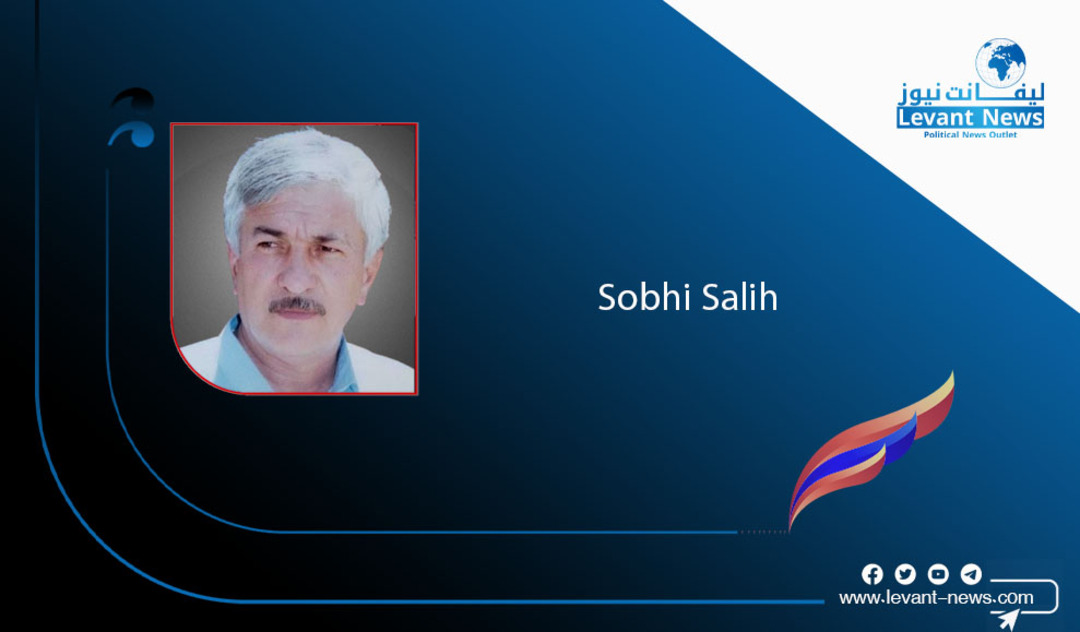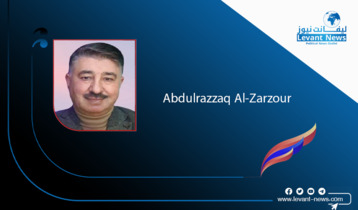-
This is How I Saw the President

On the morning of October 20, 2025, I was fortunate to listen to an eloquent speech with firm moral dimensions spoken by a sincere president, one who is true to his commitments. His words addressed the mind with honesty, clearly emphasized points, and expressed the concerns, ambitions, and hopes of the Kurdish people—confident in their path of struggle, experienced in leadership, governance, and leadership, and believing in the correctness of his opinions and the firmness of his stances. Whether he sits in a luxurious official office, under a tent roof on a mountain’s foothill, or in a trench with his peshmerga brothers and sons, he embodies the unwavering will to express his resolve, defend his rights, and strive to realize his aspirations with unyielding determination.
I heard, in a large hall that accommodated hundreds of Kurds, a speech that carried clear, straightforward, and direct messages to all concerned. Usually, the president’s messages reach their targets at the right time, reinforcing the importance of acting responsibly with integrity, sincerity, self-denial, and framing political, administrative, and parliamentary work within the context of honesty and the national and tribal duty.
President Masoud Barzani’s speech was aligned with and built upon previous, interconnected messages. I first heard him deliver such words in the summer of 1974 when he was a member of the Kurdistan Democratic Party’s Political Bureau. At that time, I was a peshmerga in the media of the glorious September Revolution. His words were not mere electoral or political gestures but rather a strategic approach that must be adhered to. They set specific priorities for political, governmental, and parliamentary work, marking the beginning of a new phase that genuinely aligns with the nature of the Kurdistani and Iraqi society, the current stage our people are passing through, and the opportunities, challenges, and threats—both implicit and explicit—that we face. These include the possibility of redrawing regional maps, especially as everyone is now hearing the alarm bells warning about the future of the situation on the ground. All actors are obliged to translate promises into tangible achievements, particularly in providing broader opportunities for diverse national and religious components, planning to establish genuine trust, bridging gaps among all, and devising broad policies that prioritize the national interest over electoral and political calculations.
From his position as a historic leader, he reflected in his speech a sense of annoyance and fatigue among the citizens of Kurdistan regarding Baghdad’s inappropriate dealings with the region, the ongoing policies of some of his former friends and allies towards the Kurds, and their malicious attempts to deepen the economic crisis and stir unrest among the citizens, creating new problems despite agreements or local and international initiatives. His Excellency said: “The pain of cutting off the livelihoods of the Kurdish people is no less than the pain of Anfal and chemical bombardment.”
He also addressed citizens’ issues, their rights, freedoms, and the achievements made. He emphasized that these were not spontaneous but the result of correct policies and a long-term vision. He called for a real change in mentalities, the promotion of a culture of tolerance and coexistence based on practical realities, and the necessity of quietly continuing to implement strategic projects.
The paradox in his speech, which lasted nearly an hour, is that he did not mention his party’s list number nor did he call for voting for his candidates. Nevertheless, his words cooled the hearts and brought peace to the attendees, opening doors of hope and optimism for leaving the zone of doubt that some seek to fragment from the map of reality. When he called for moving toward a broader space of certainty in a region that achieves increasing accomplishments daily, removes challenges, and gains greater confidence, he affirmed the potential to create a brighter future.
Sobhi Saleh Yei
You May Also Like
Popular Posts
Caricature
opinion
Report
ads
Newsletter
Subscribe to our mailing list to get the new updates!




















